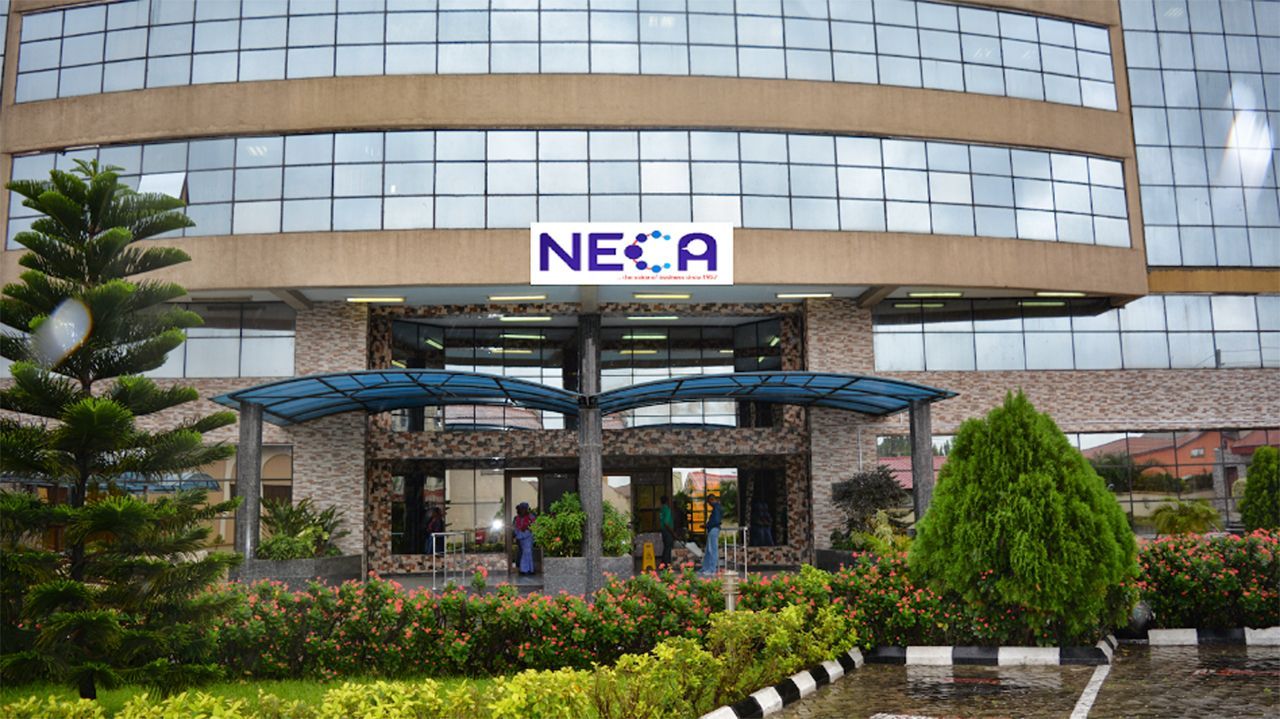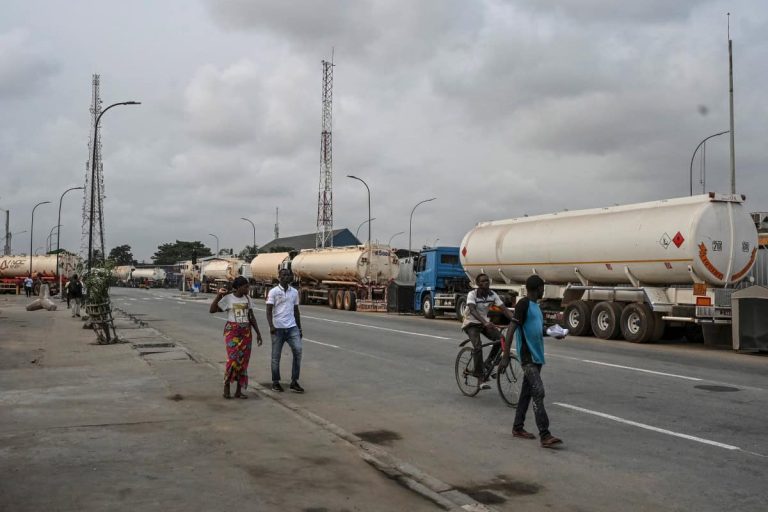
‘If it’s the price we must pay for neglecting our refineries, so be it,’ says NECA DG Wale Oyerinde….
The Nigeria Employers’ Consultative Association (NECA) has expressed strong support for the Federal Government’s newly approved 15 percent import tariff on petroleum products, describing it as a necessary step to revive Nigeria’s local refining capacity and strengthen the economy.
Speaking during a televised interview on Friday, NECA’s Director-General, Wale Smatt Oyerinde, said the policy aligns with global best practices and will protect domestic industries from unhealthy competition.
“We support the policy of a 15% tariff on imported petroleum products, not on locally produced ones,” Oyerinde stated.
“If the 15% tariff is the punishment we must bear collectively for allowing our four refineries to collapse, then so be it. Even developed countries like the U.S. are implementing protectionist policies to safeguard local industries. We have no excuse not to do the same.”
The tariff, recently approved by President Bola Tinubu, was communicated to the Federal Inland Revenue Service (FIRS) and the Nigerian Midstream and Downstream Petroleum Regulatory Authority (NMDPRA) for enforcement.
While critics argue that the move could raise the landing cost of imported fuel, NECA insists the policy will incentivize local production, reduce pressure on foreign exchange, and encourage industrial growth.
Oyerinde added that similar protectionist measures should extend beyond the oil sector.
“The organized private sector has analyzed the policy, and we believe it’s the right step. We must extend this kind of support to the manufacturing and real sectors,” he said.
“Why should we keep importing what we can produce locally? It’s time to implement targeted duties on such imports while giving local producers a short window, maybe one or two years, to scale up and meet demand.”
The NECA chief emphasized that Nigeria must move away from an import-dependent economy, stressing that sustainable industrialization can only happen through deliberate protection of local production.



